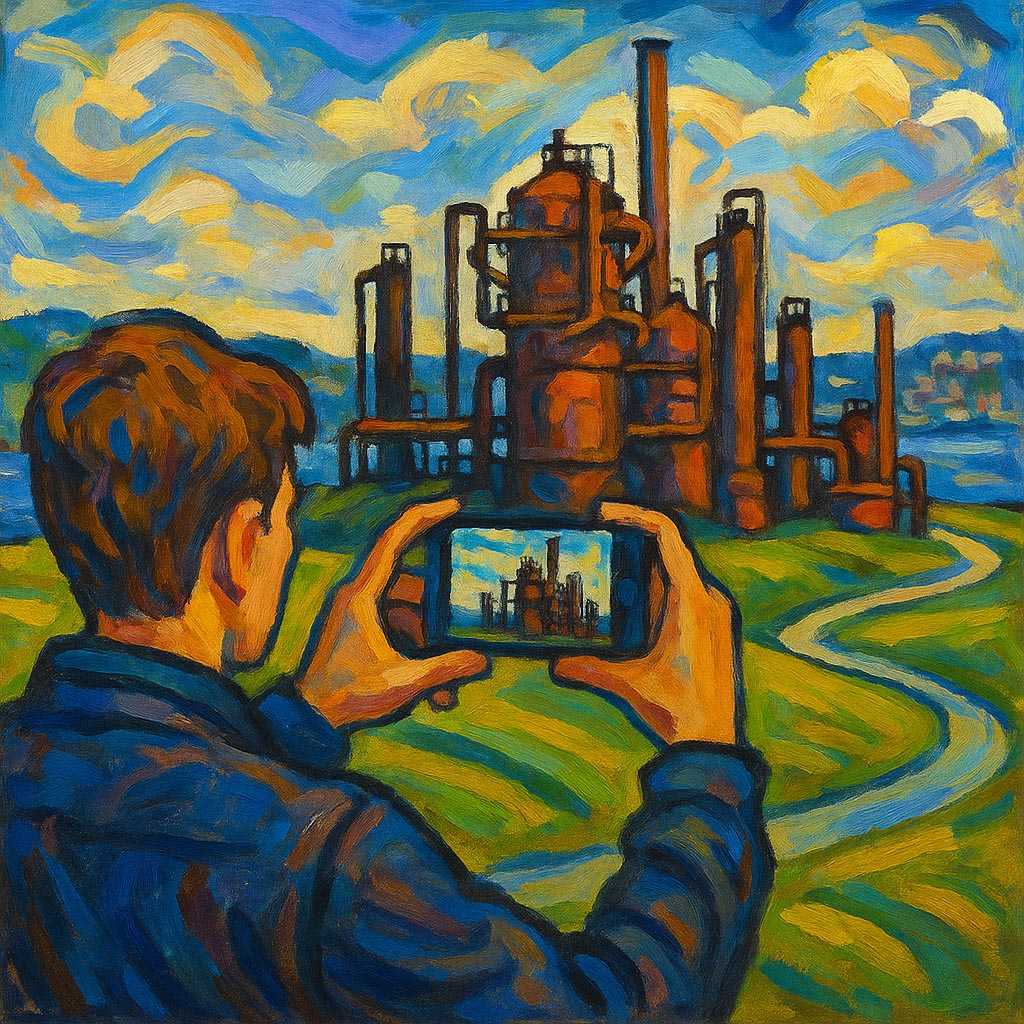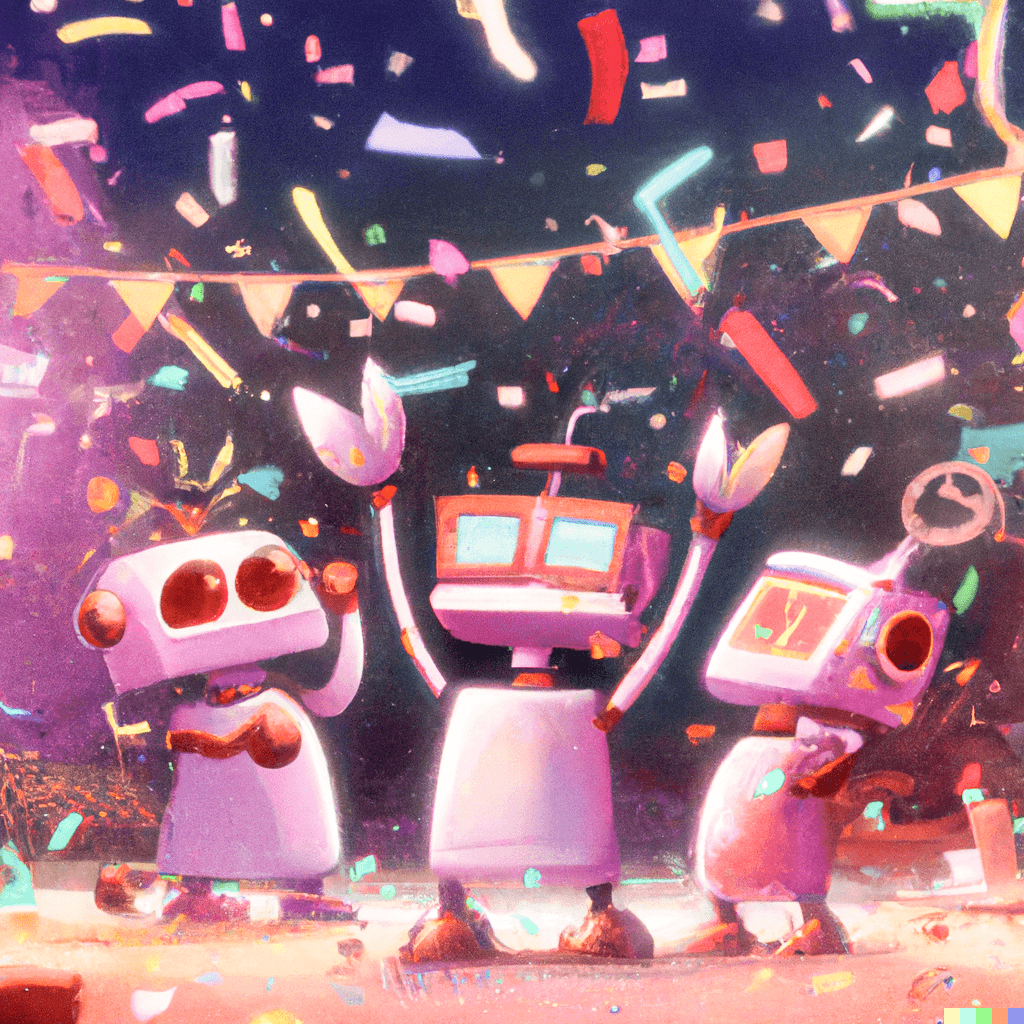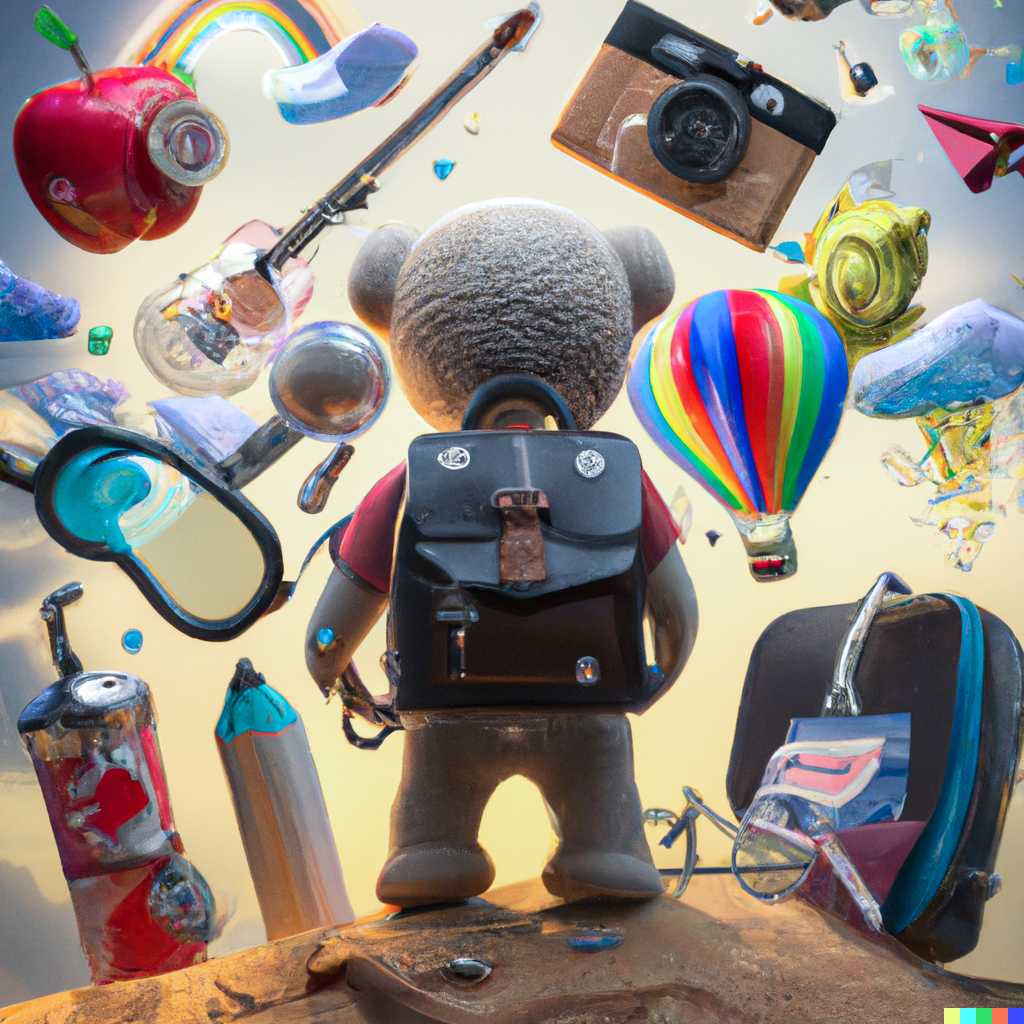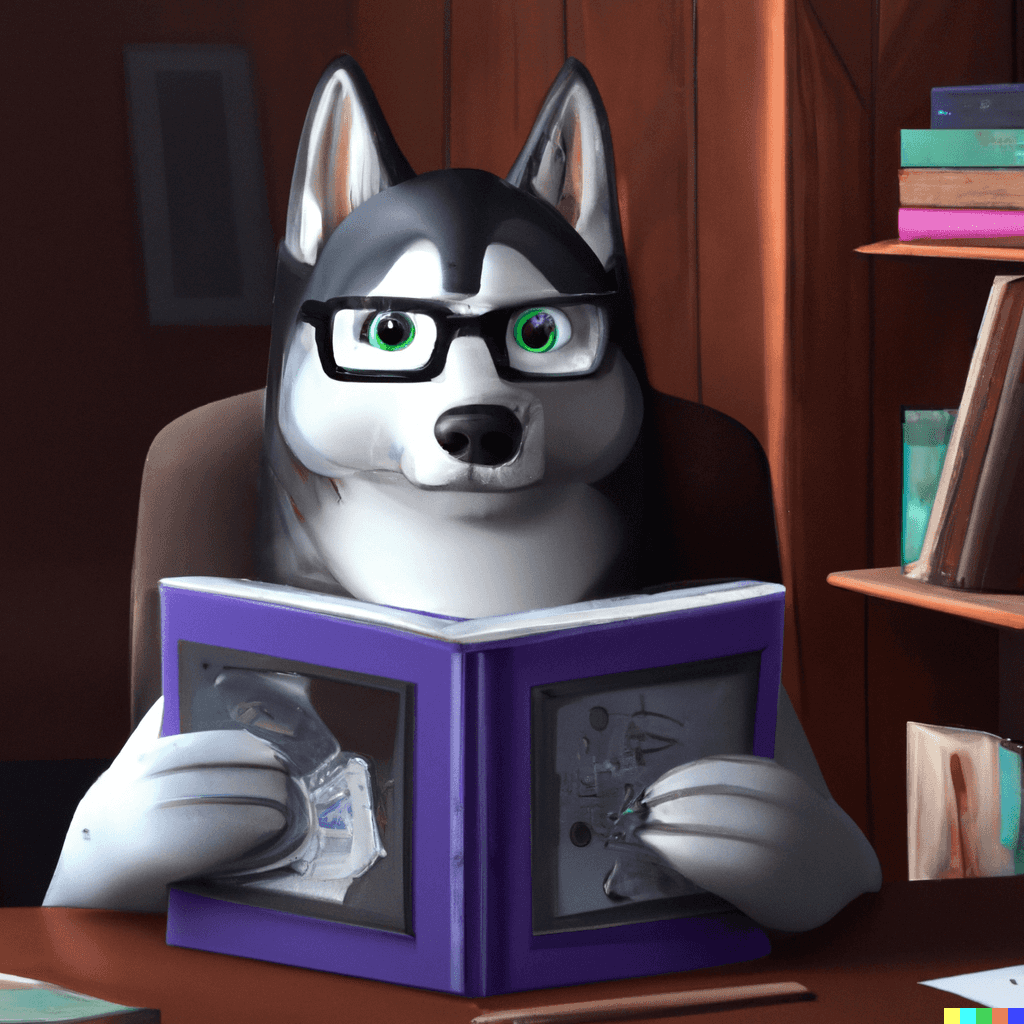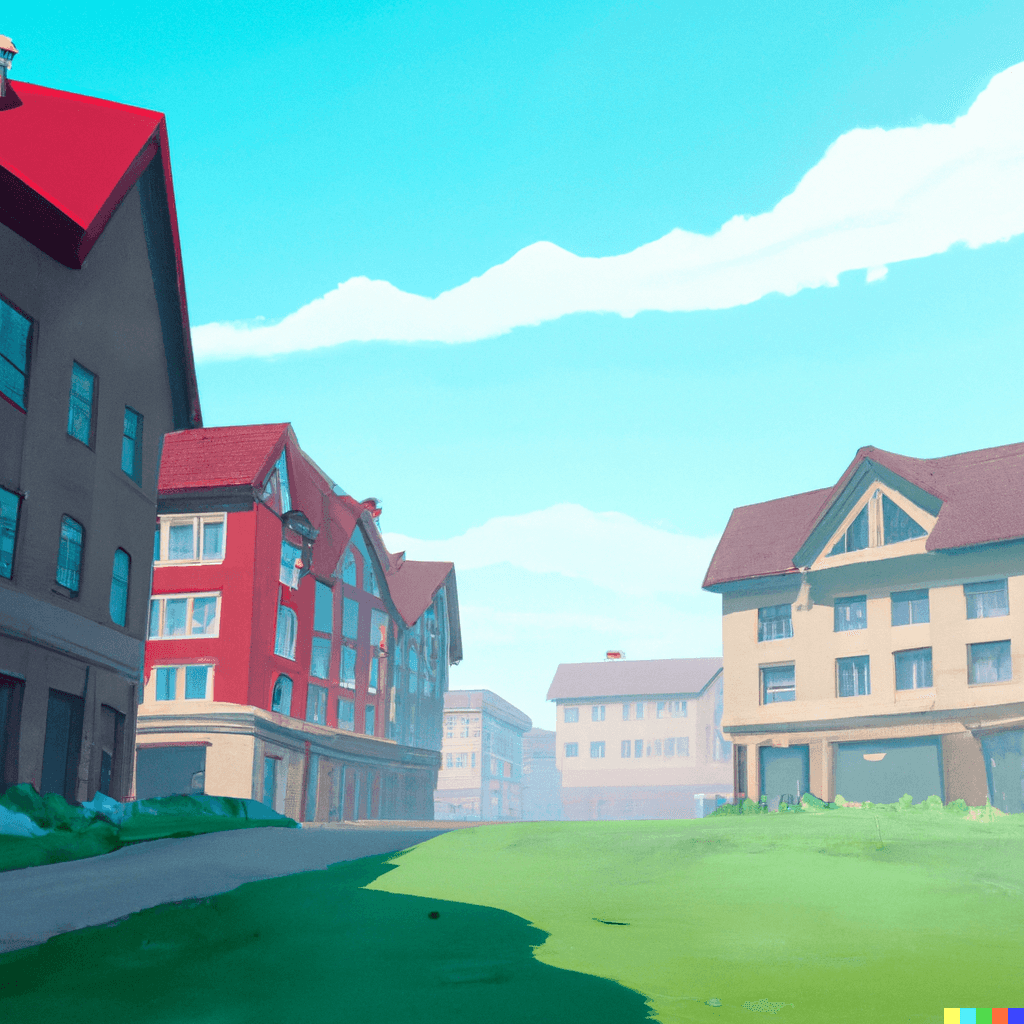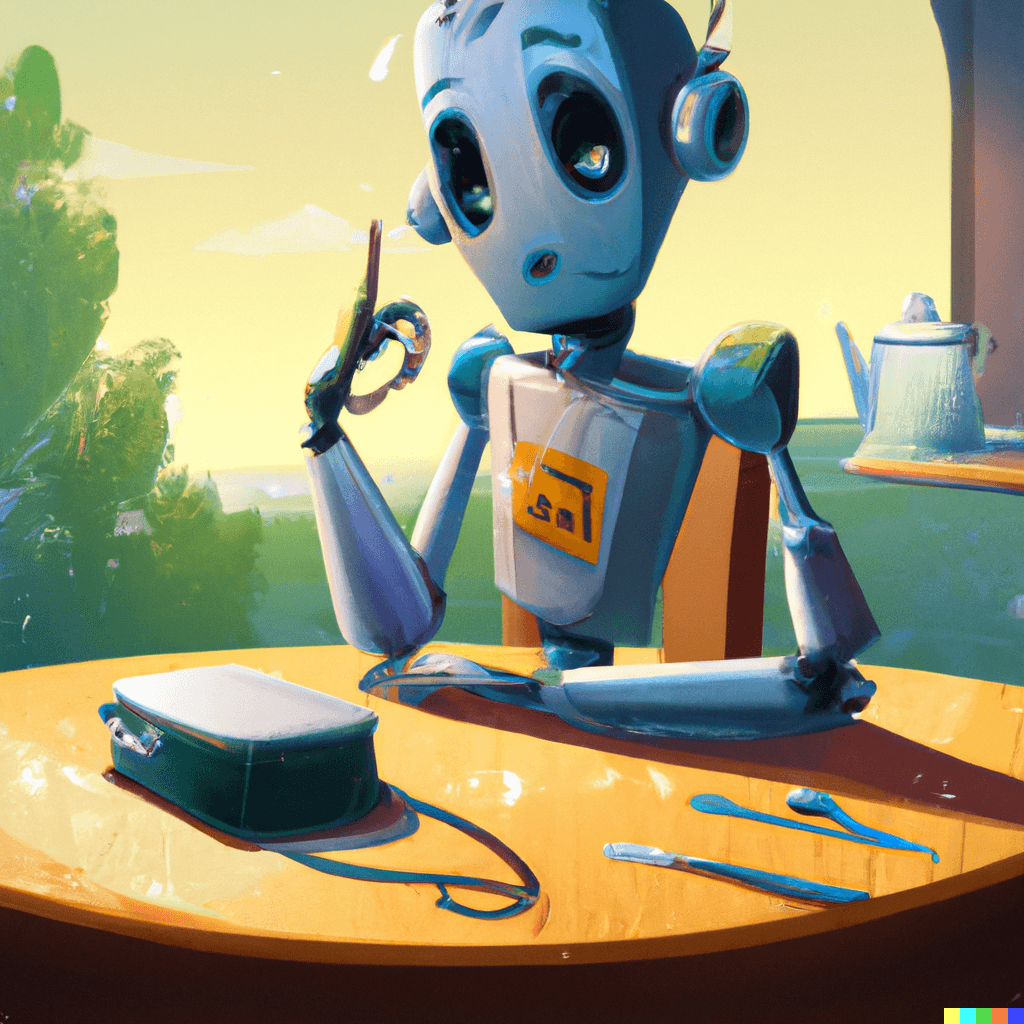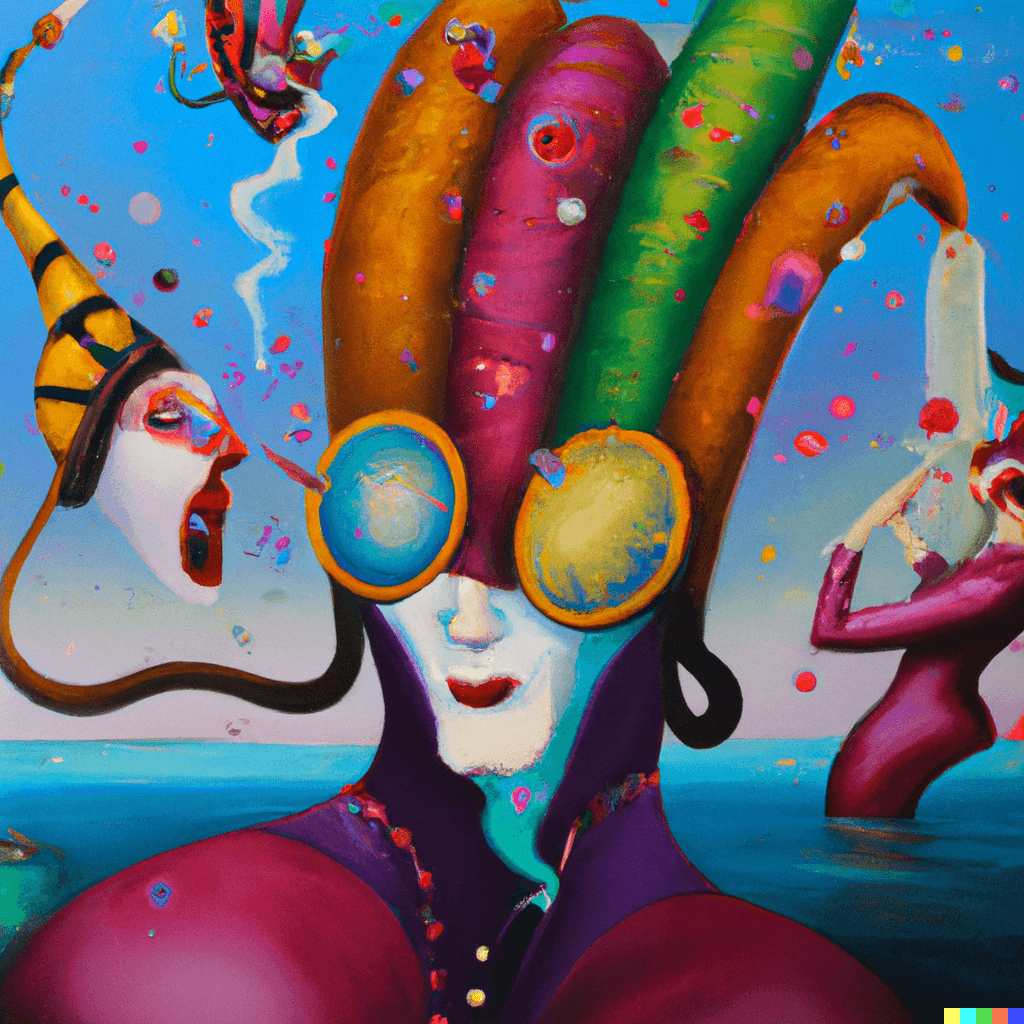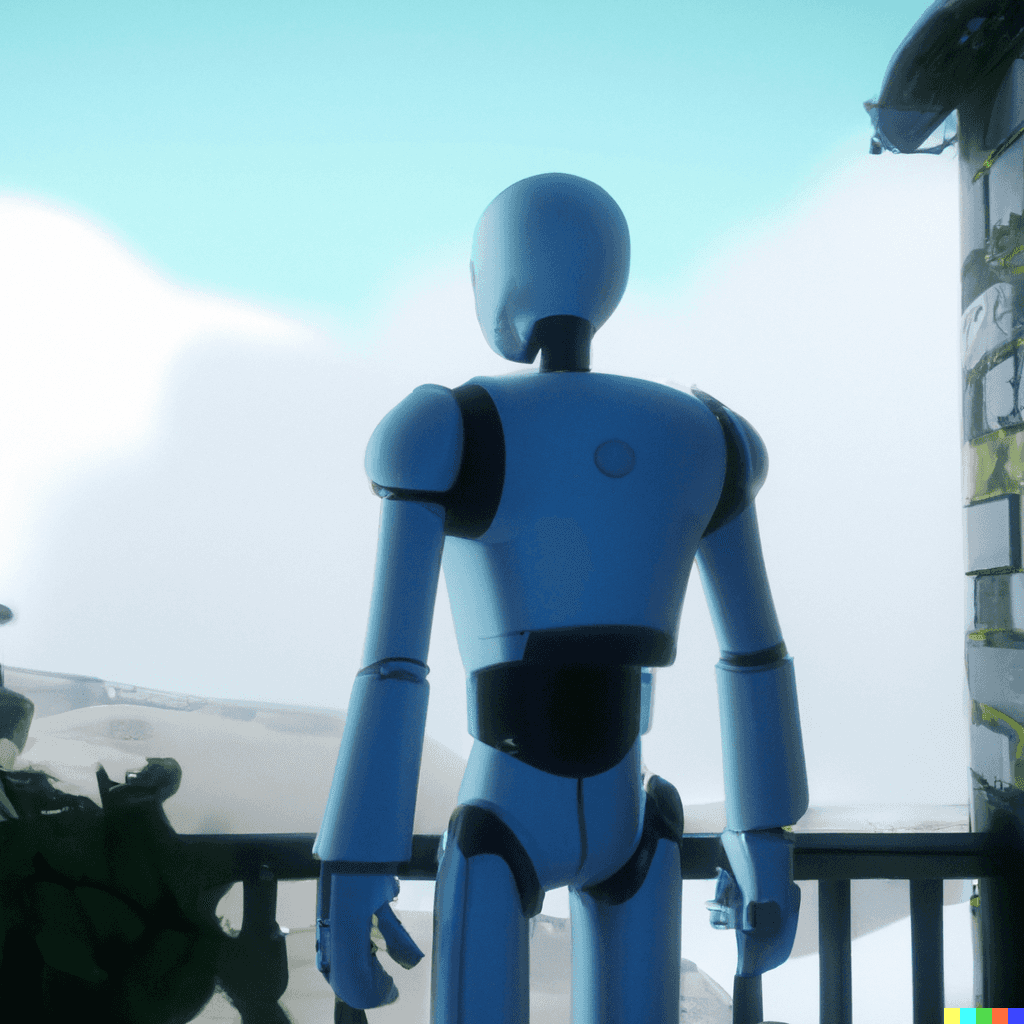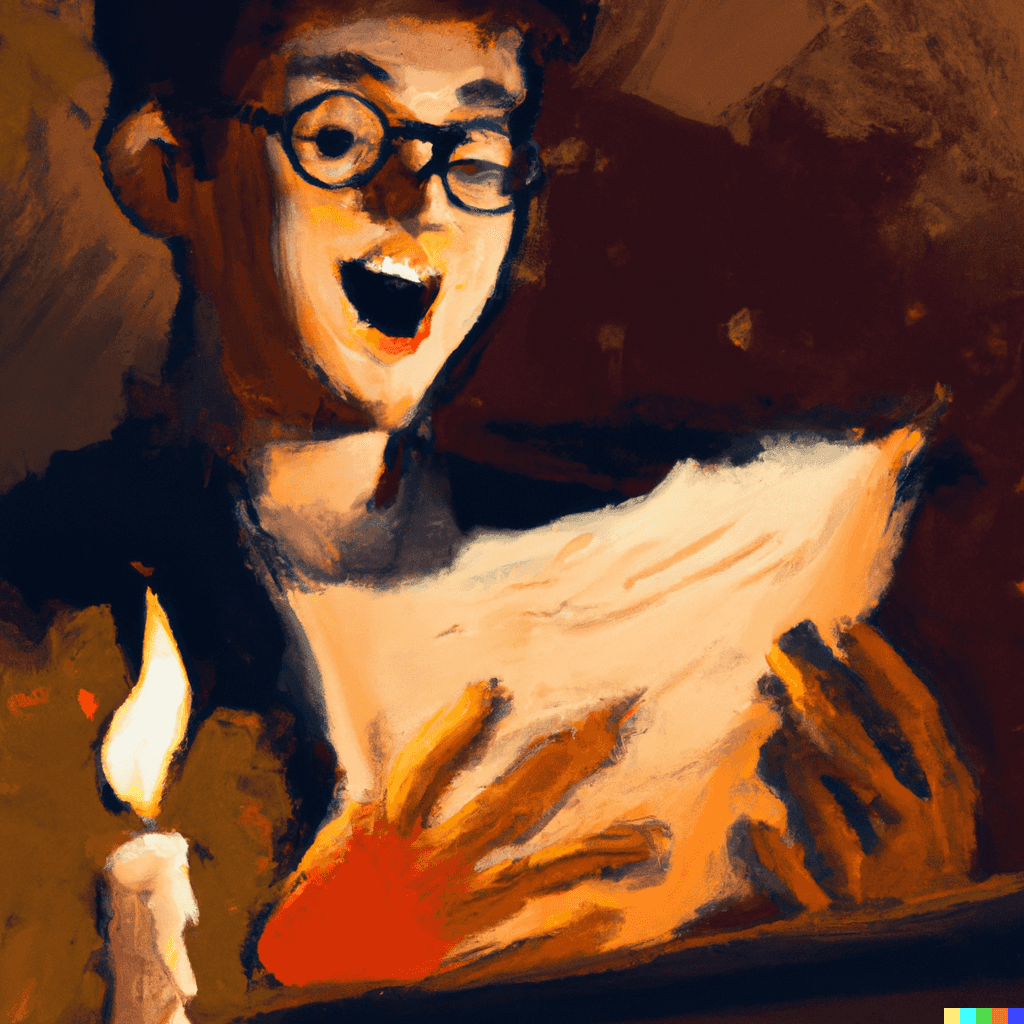
Matt Deitke
Hi! I'm an AI researcher at Meta Superintelligence Lab (MSL) working on multimodal superintelligence.
Previously, I was a co-founder at Vercept, working on building computer-use agents. Before that, I was a research scientist at the Allen Institute for AI while doing my undergrad and Ph.D. in the Allen School at the University of Washington, Seattle. I am interested in building multimodal AI systems that are broadly useful and robust. I led the development of Molmo, ProcTHOR, Objaverse, and Phone2Proc.
News
Publications

Molmo and PixMo: Open Weights and Open Data for State-of-the-Art Vision-Language Models
Matt Deitke*, Christopher Clark*, Sangho Lee, Rohun Tripathi, Yue Yang, Jae Sung Park, Mohammadreza Salehi, Niklas Muennighoff, Kyle Lo, Luca Soldaini, Jiasen Lu, Taira Anderson, Erin Bransom, Kiana Ehsani, Huong Ngo, YenSung Chen, Ajay Patel, Mark Yatskar, Chris Callison-Burch, Andrew Head, Rose Hendrix, Favyen Bastani, Eli VanderBilt, Nathan Lambert, Yvonne Chou, Arnavi Chheda, Jenna Sparks, Sam Skjonsberg, Michael Schmitz, Aaron Sarnat, Byron Bischoff, Pete Walsh, Chris Newell, Piper Wolters, Tanmay Gupta, Kuo-Hao Zeng, Jon Borchardt, Dirk Groeneveld, Crystal Nam, Sophie Lebrecht, Caitlin Wittlif, Carissa Schoenick, Oscar Michel, Ranjay Krishna, Luca Weihs, Noah A. Smith, Hannaneh Hajishirzi, Ross Girshick, Ali Farhadi, Aniruddha Kembhavi
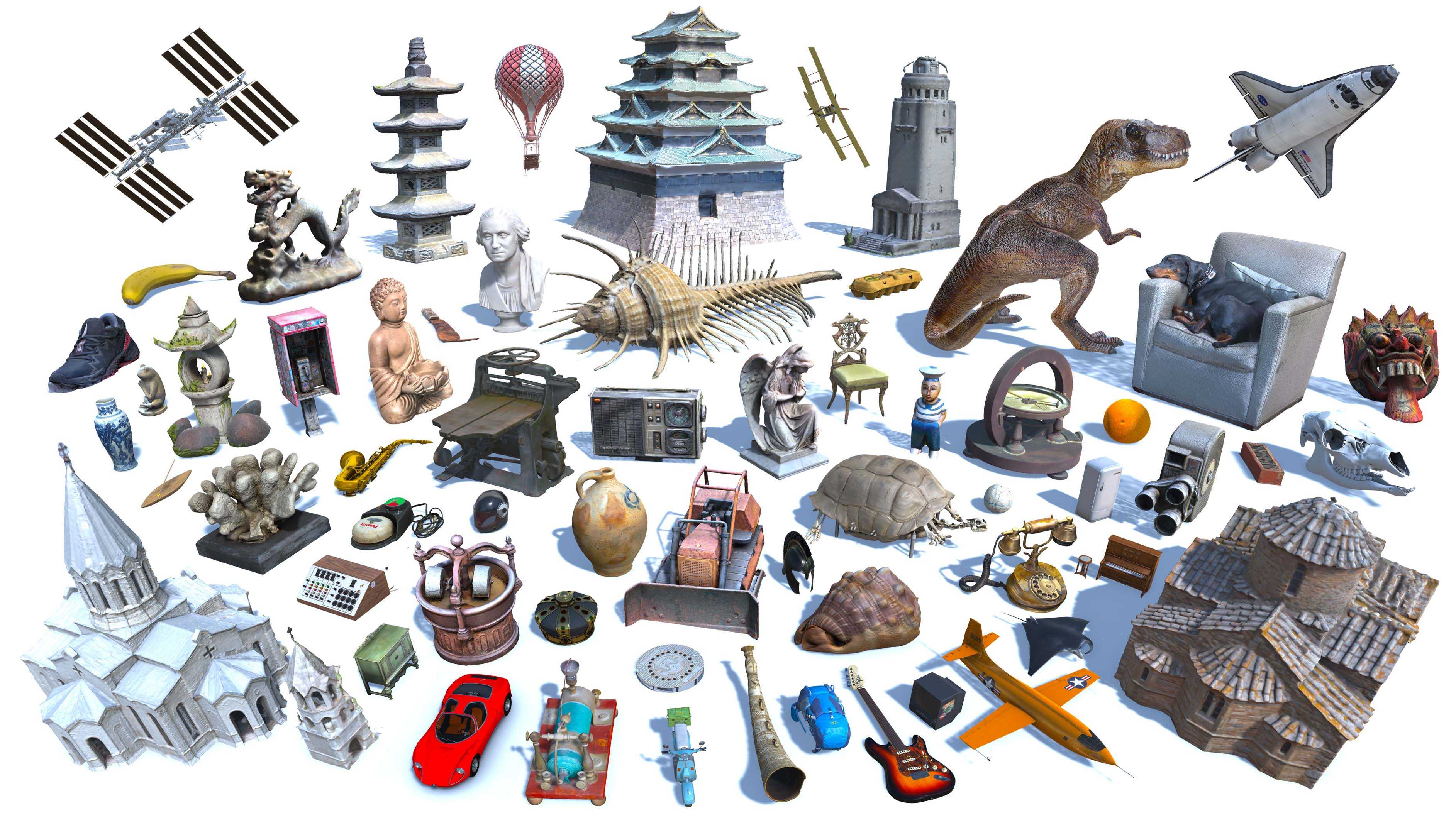
Objaverse-XL: A Universe of 10M+ 3D Objects
Matt Deitke, Ruoshi Liu, Matthew Wallingford, Huong Ngo, Oscar Michel, Aditya Kusupati, Alan Fan, Christian Laforte, Vikram Voleti, Samir Yitzhak Gadre, Eli VanderBilt, Aniruddha Kembhavi, Carl Vondrick, Georgia Gkioxari, Kiana Ehsani, Ludwig Schmidt*, Ali Farhadi*
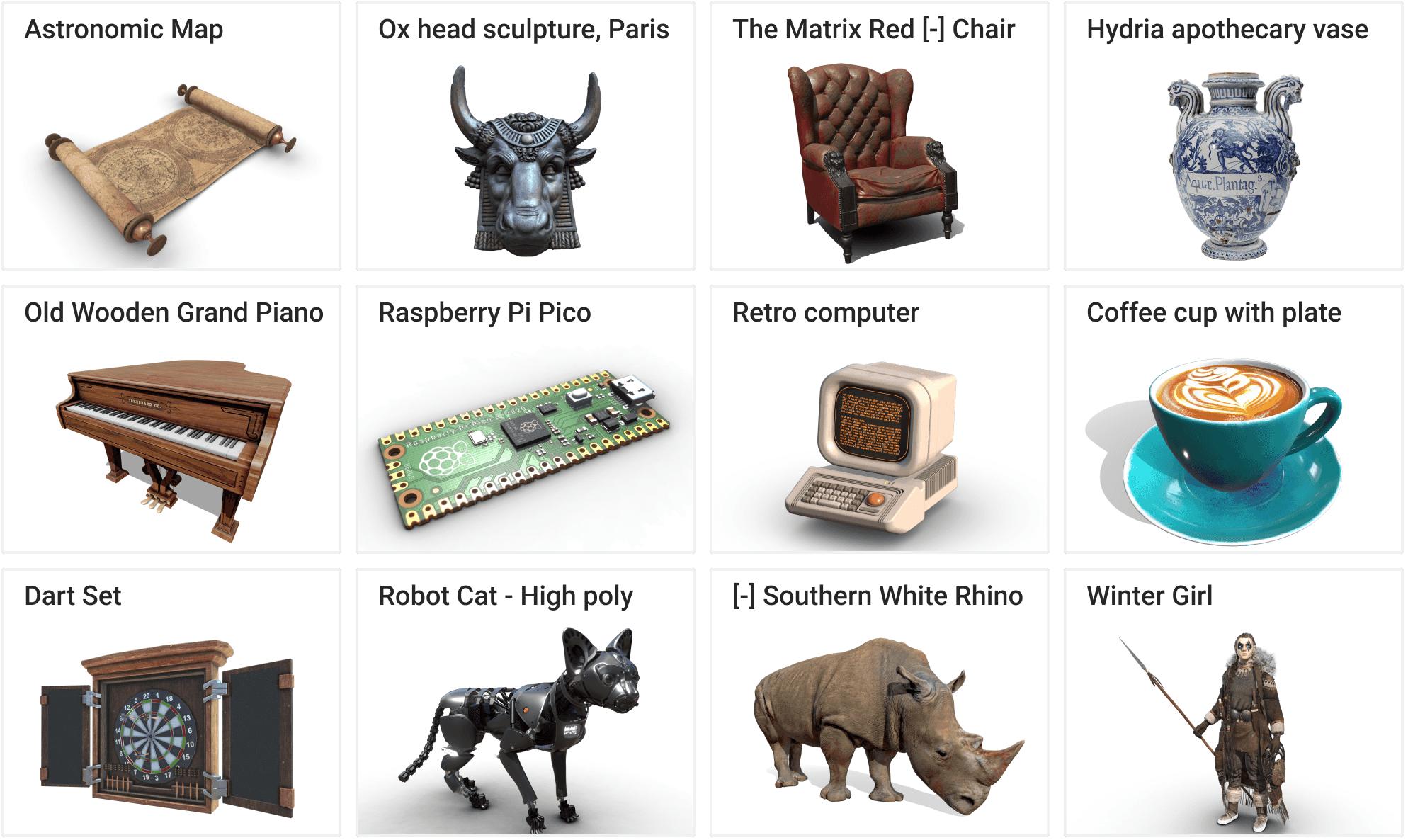
Objaverse: A Universe of Annotated 3D Objects
Matt Deitke, Dustin Schwenk, Jordi Salvador, Luca Weihs, Oscar Michel, Eli VanderBilt, Ludwig Schmidt, Kiana Ehsani, Aniruddha Kembhavi, Ali Farhadi
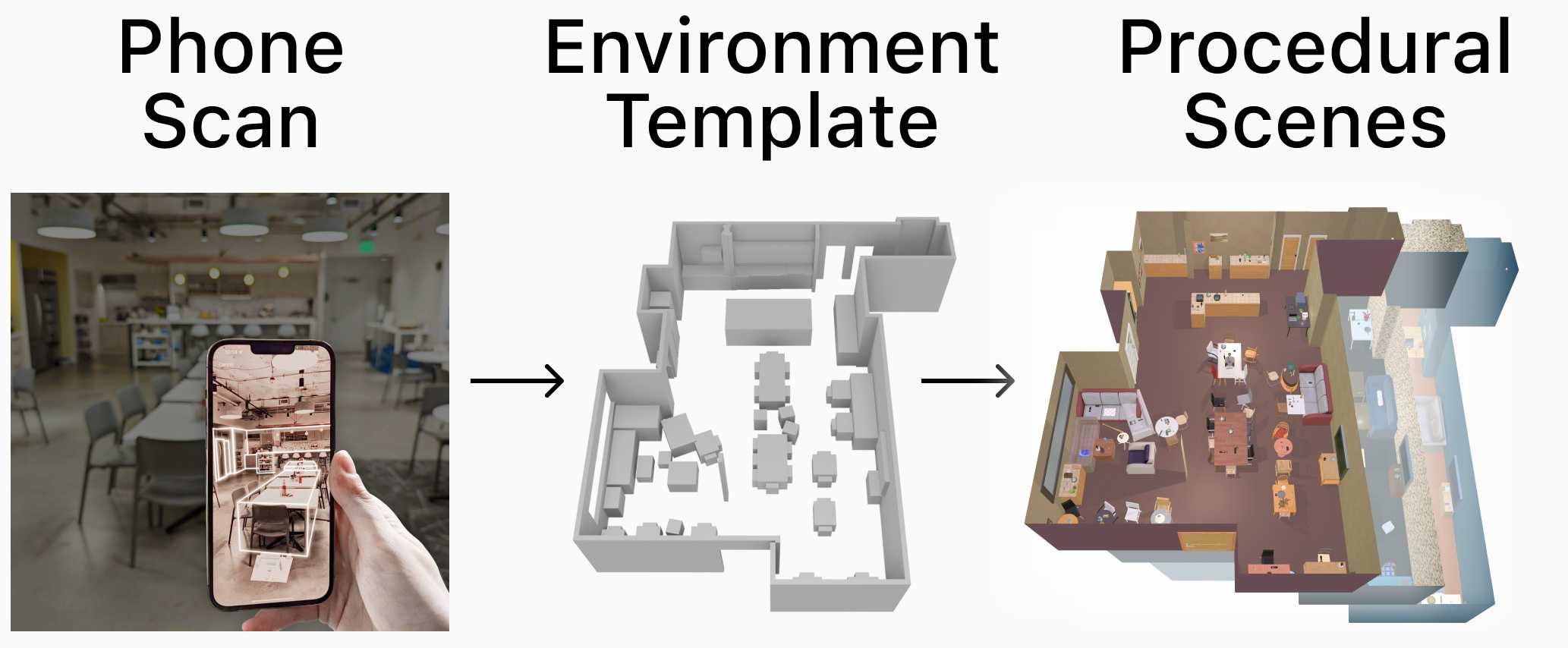
Phone2Proc: Bringing Robust Robots Into Our Chaotic World
Matt Deitke*, Rose Hendrix*, Luca Weihs, Ali Farhadi, Kiana Ehsani, Aniruddha Kembhavi
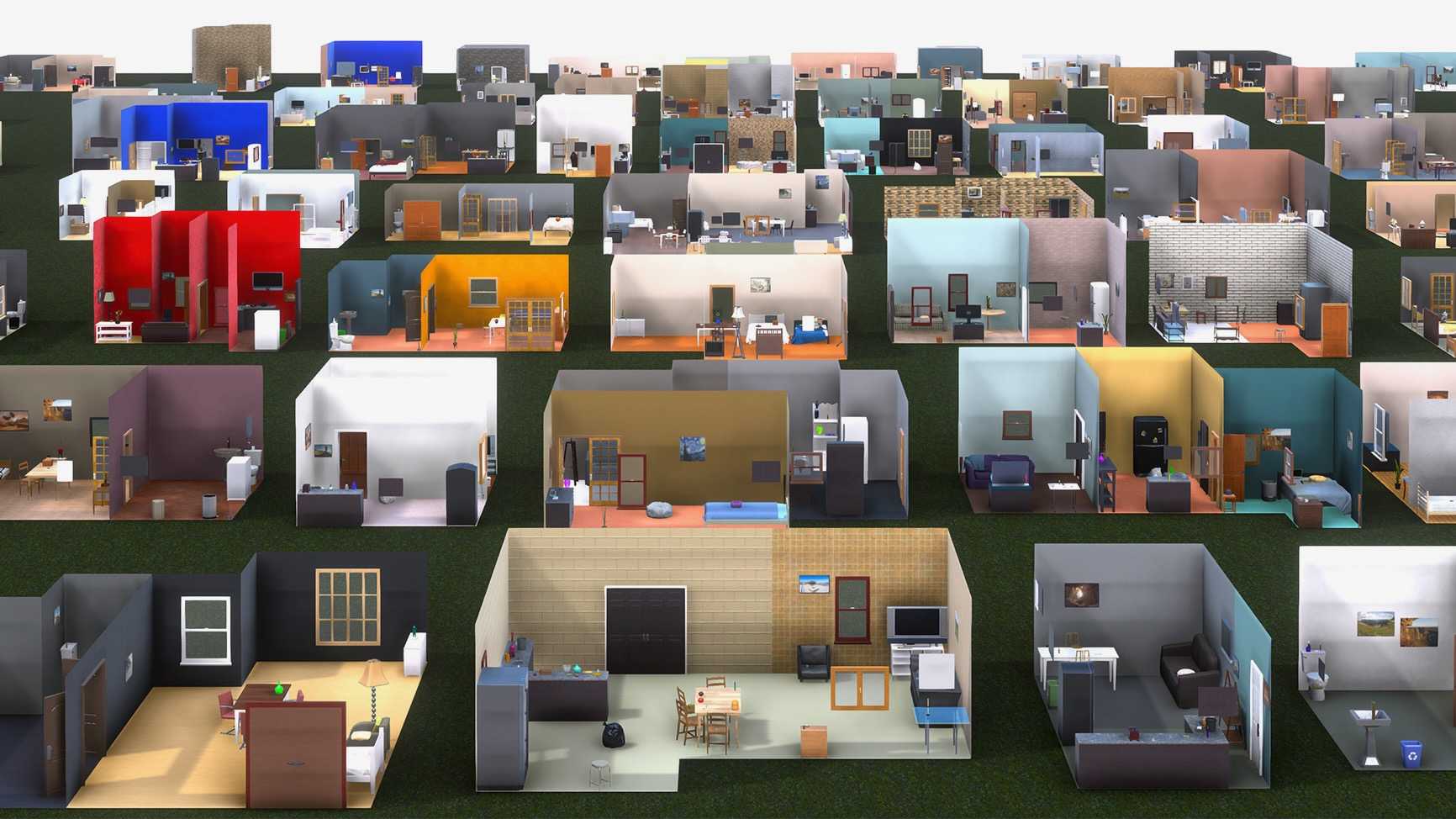
🏘️ ProcTHOR: Large-Scale Embodied AI Using Procedural Generation
Matt Deitke, Eli VanderBilt, Alvaro Herrasti, Luca Weihs, Jordi Salvador, Kiana Ehsani, Winson Han, Eric Kolve, Ali Farhadi, Aniruddha Kembhavi, Roozbeh Mottaghi
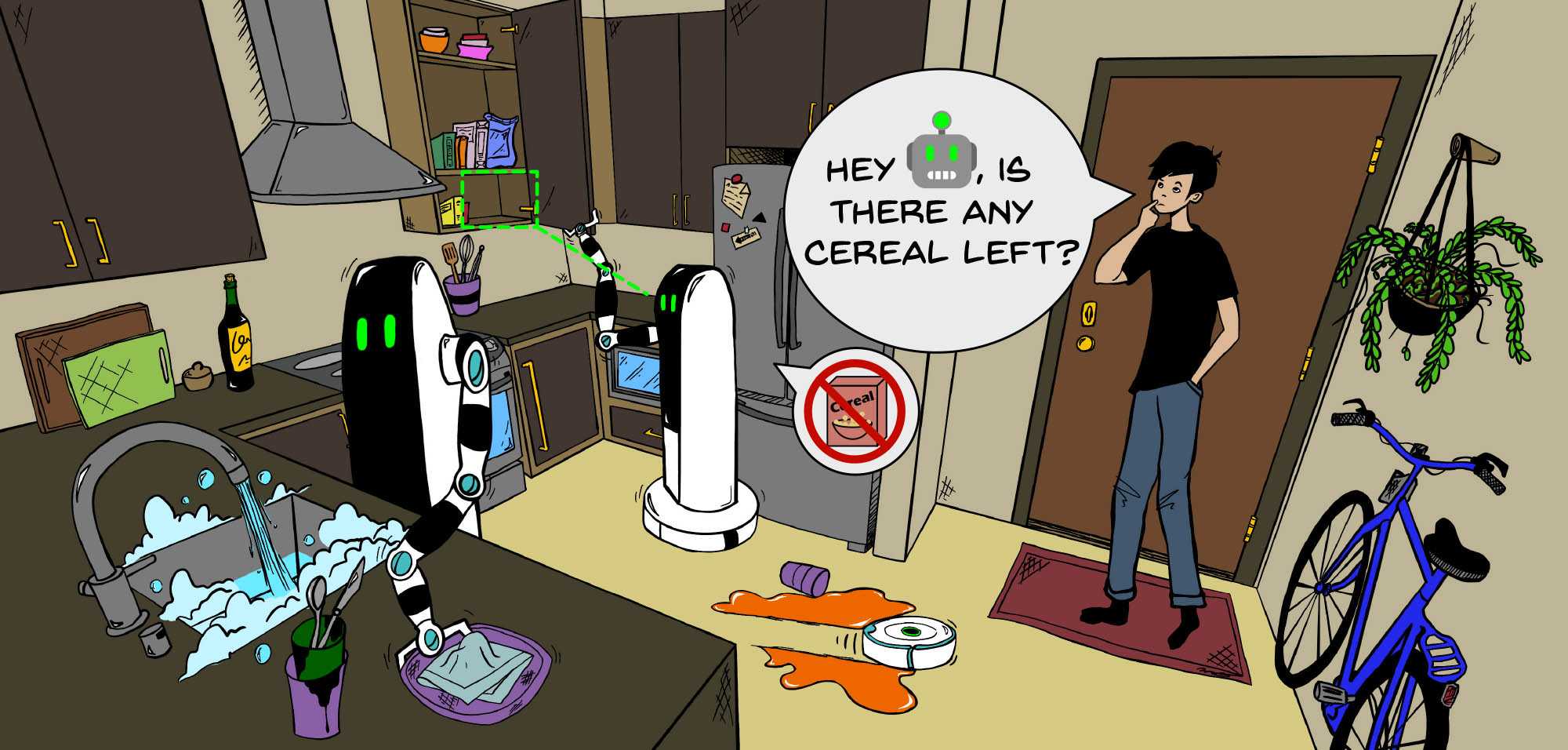
Retrospectives on the Embodied AI Workshop
Matt Deitke, Dhruv Batra, Yonatan Bisk, Tommaso Campari, Angel X. Chang, Devendra Singh Chaplot, Changan Chen, Claudia Pérez D'Arpino, Kiana Ehsani, Ali Farhadi, Li Fei-Fei, Anthony Francis, Chuang Gan, Kristen Grauman, David Hall, Winson Han, Unnat Jain, Aniruddha Kembhavi, Jacob Krantz, Stefan Lee, Chengshu Li, Sagnik Majumder, Oleksandr Maksymets, Roberto Martín-Martín, Roozbeh Mottaghi, Sonia Raychaudhuri, Mike Roberts, Silvio Savarese, Manolis Savva, Mohit Shridhar, Niko Sünderhauf, Andrew Szot, Ben Talbot, Joshua B. Tenenbaum, Jesse Thomason, Alexander Toshev, Joanne Truong, Luca Weihs, Jiajun Wu
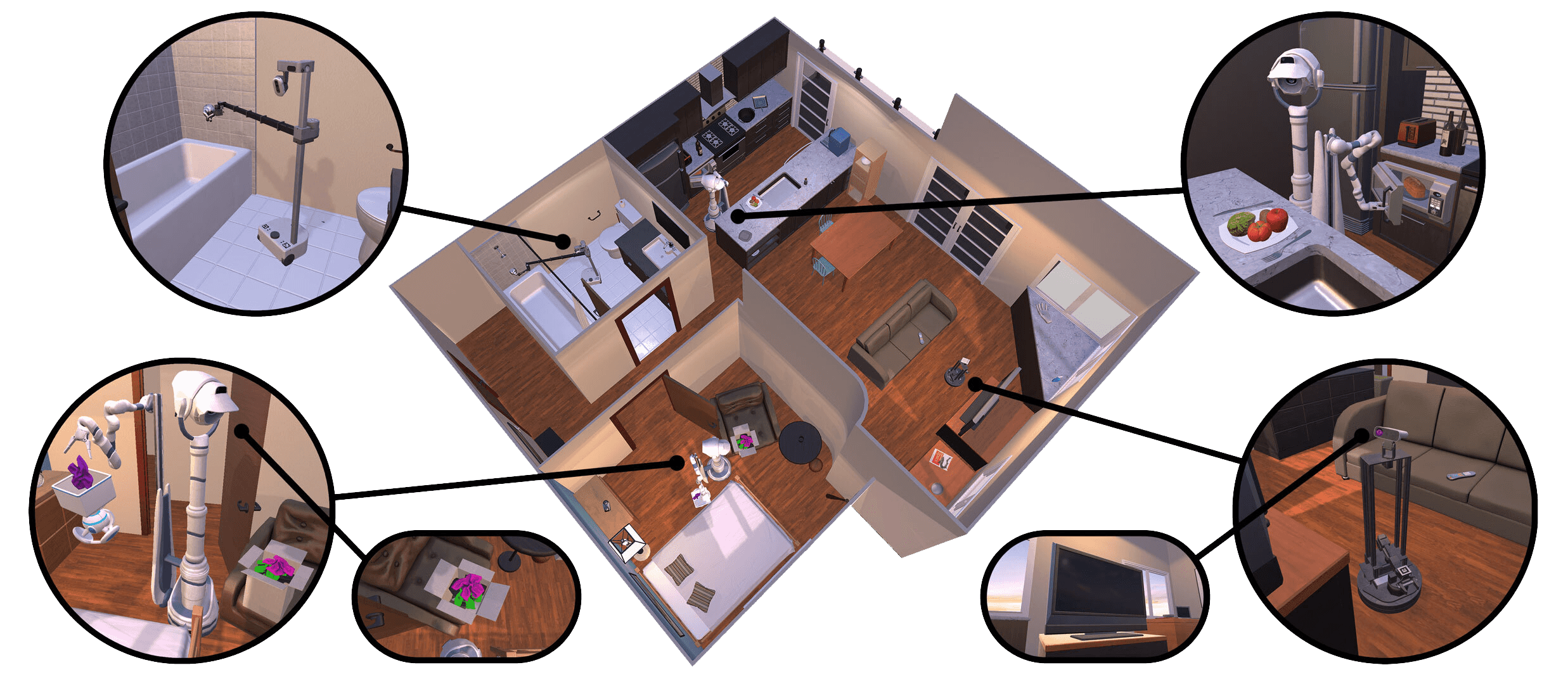
AI2-THOR: An Interactive 3D Environment for Visual AI
Eric Kolve, Roozbeh Mottaghi, Winson Han, Eli VanderBilt, Luca Weihs, Alvaro Herrasti, Matt Deitke, Kiana Ehsani, Daniel Gordon, Yuke Zhu, Aniruddha Kembhavi, Abhinav Gupta, Ali Farhadi
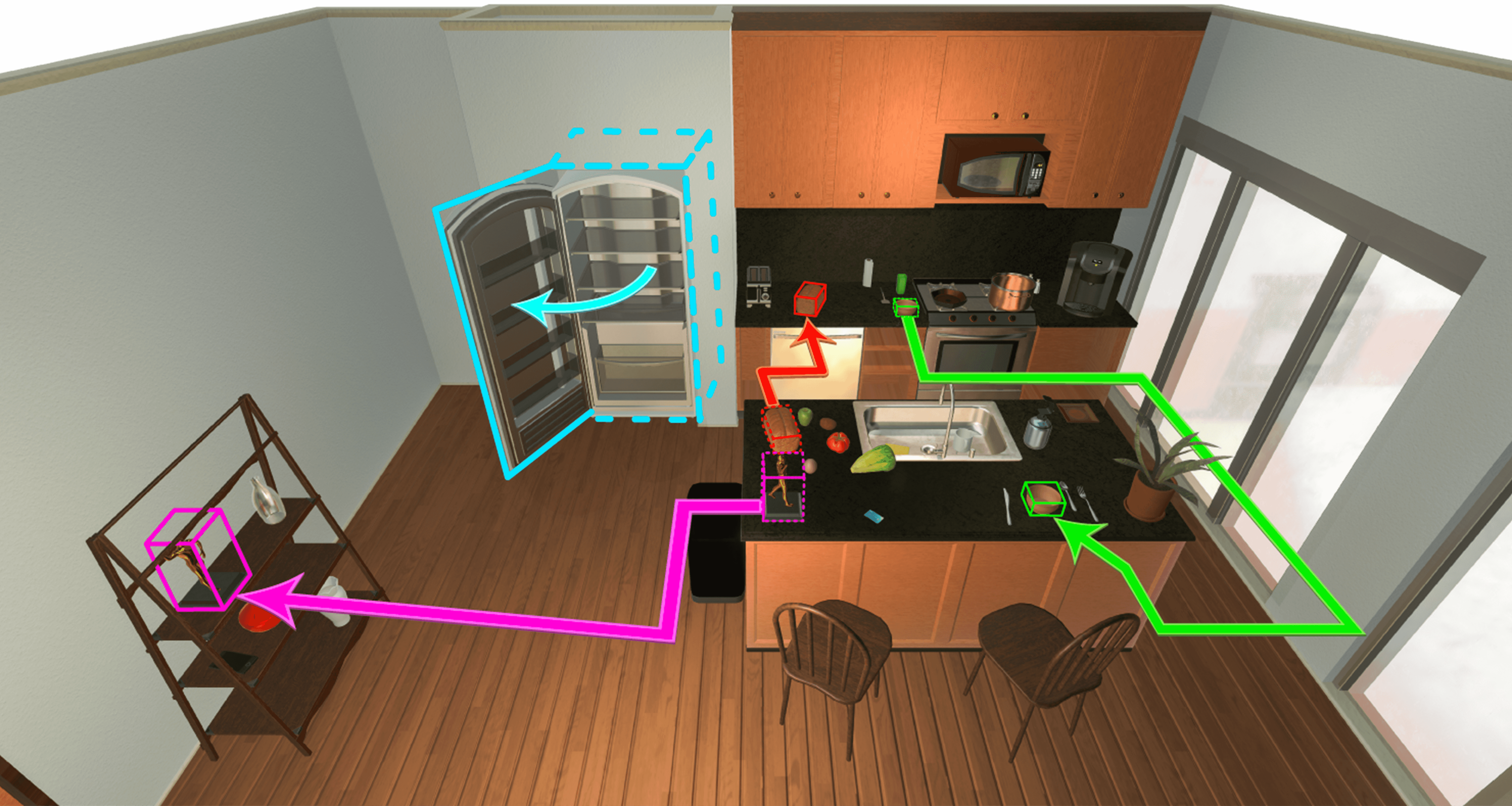
Visual Room Rearrangement
Luca Weihs, Matt Deitke, Aniruddha Kembhavi, Roozbeh Mottaghi
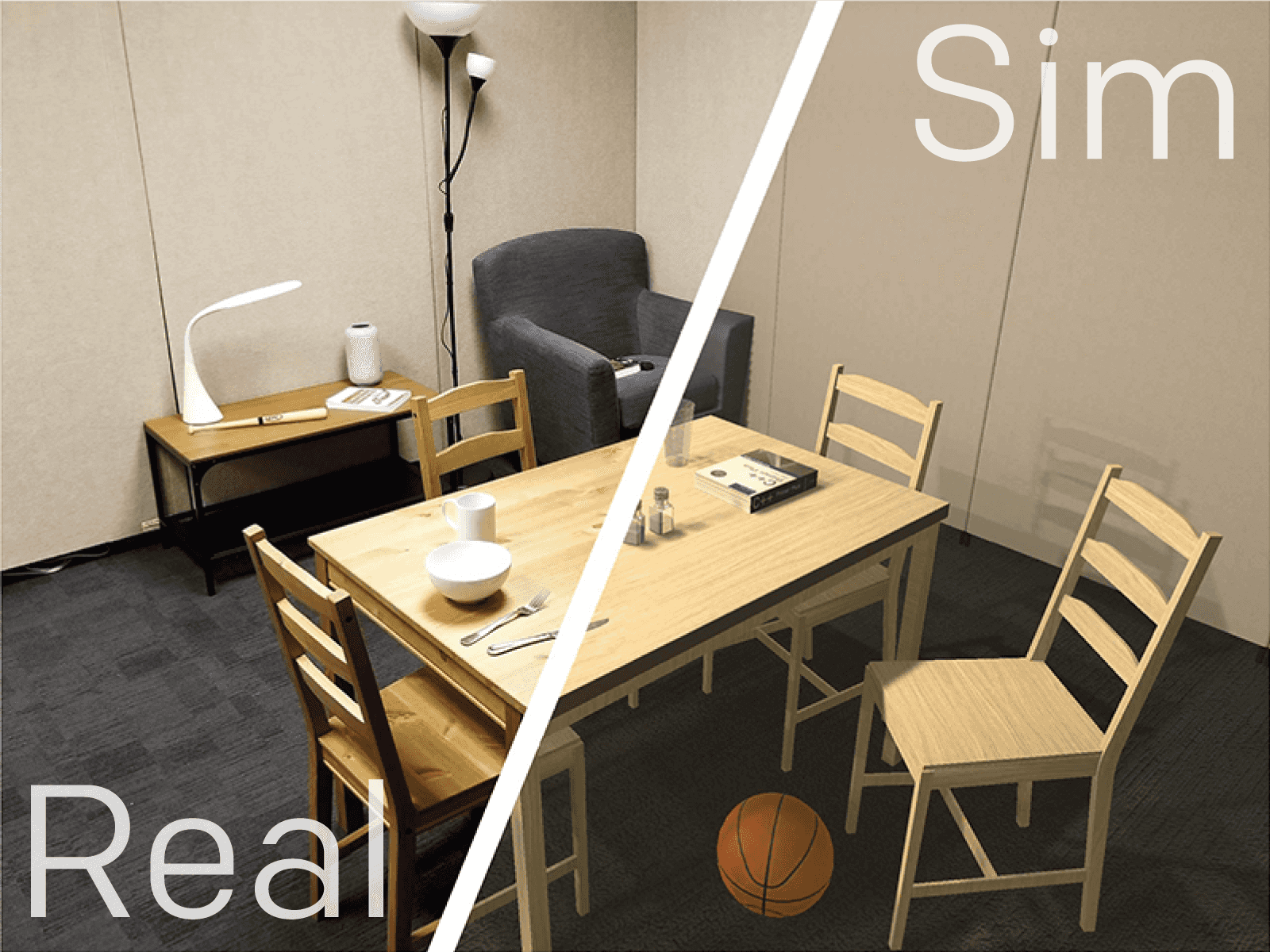
RoboTHOR: An Open Simulation-to-Real Embodied AI Platform
Matt Deitke*, Winson Han*, Alvaro Herrasti*, Aniruddha Kembhavi*, Eric Kolve*, Roozbeh Mottaghi*, Jordi Salvador*, Dustin Schwenk*, Eli VanderBilt*, Matthew Wallingford*, Luca Weihs*, Mark Yatskar*, Ali Farhadi

